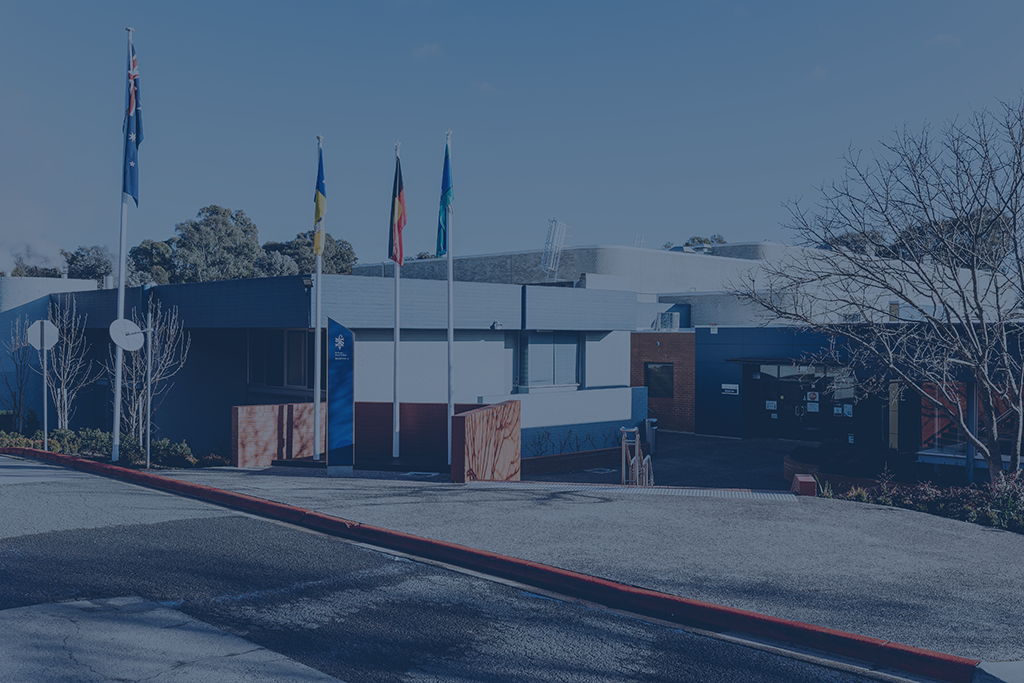
Prayer Changes Us
November 18, 2019“The more you focus on something — whether that’s math or auto racing or football or God — the more that becomes your reality, the more it becomes written into the neural connections of your brain,” Andrew Newberg, neuroscientist
November is the month we traditionally pray for our departed loved ones. This prayer focus leads seamlessly into Advent, which begins this year on 1 December.
The lowly and poor are those who recognise their own human condition and limitations and call on the mercy of God to lift them up. They are living examples of the Beatitudes “Blessed are the poor in spirit and Blessed are the meek.” The faithful in the gospel of Luke are those who know that they are in need of God’s mercy and love and call out for it.
Jesus says that God will see justice done to those who cry out for God’s help. Jesus reminds us that human beings have a tendency to think we can solve all our own problems and forget that we need to be aware of God’s action and presence in our lives.
Our need for God’s mercy and gracious love
It is not God who needs our prayers but we who must recognise our need for God’s mercy and gracious love. The constancy of prayer is not to convince God but to remind ourselves of our dependence upon God. Blessed are the poor spirit.
Our prayers do not change God, they change us. Often our prayers are not answered as we would hope but they are answered in ways which allow us to experience the depths of God love and mercy. We can enjoy God’s healing and forgiveness. And because conversion is a lifetime process, Jesus encourages us not to lose heart but to pray always and hold on to faith even when the going gets tough.
The Power of Prayer
Many psychological studies have shown the power of prayer, even if the recipients of prayer are non-believers. I came across a Wikipedia entry on the efficacy of prayer which you might like to read https://en.wikipedia.org/wiki/Efficacy_of_prayer. A report from Psychology Today on the efficacy of prayer identifies 2 studies where prayer had a significant impact on those being prayers for. At Duke University Medical Centre, a study found that, within a group of 150 cardiac patients who received alternative post-operative therapy treatment, the sub-group who also received intercessory prayer (they were prayed for) had the highest success rate within the entire cohort. The study is that it was double-blind – neither the researchers, nor those on the receiving end of the intercessory prayer knew that these patients were being prayed for.
The second study, a comparable double-blind study, conducted at San Francisco General Hospital’s Coronary Care Unit, demonstrated similar results. Those patients “prayed for” showed a significantly diminished need for imminent critical care, maintenance medications and heroic measures, as well as witnessing fewer deaths. (see https://www.psychologytoday.com/au/blog/enlightened-living/201007/the-science-psychology-and-metaphysics-prayer )
According to the University of Maryland Medical Centre, individuals who reported having strong religious beliefs were found to report lower levels of anxiety and depression, have lower blood pressure, have a better immune system, and heal faster from surgery. http://mindspirit.com/psychological-power-prayer/
I have been the recipient of the prayers of many people unknown to me in the last few months. Prayer for others is an extremely powerful way of laying their needs at the feet of a loving God who will gather them up and hold them in the palm of his hand. I have been amazed and humbled by people I meet while out shopping or at other functions who tell me they have been praying for me. Such is the grace of living in a Christian community.
Prayer is not just saying words out loud. Once we recognize that whatever we do in conscious, loving union with Reality is prayer, we pray always and live in God’s presence. St Paul tells us in 1 Thessalonians 5:16-18 to pray without ceasing. This seems almost impossible until you realise that it is about incorporating prayers of gratitude and thanksgiving part of your everyday experience. You can find some very practical advice about how to pray without ceasing in this article – https://www.crosswalk.com/faith/prayer/how-to-pray-without-ceasing.html
The more we pray, the stronger our prayer lives become, and the more effective our prayers become. Just as we may walk or run to build up our bodies and our hearts, we must be willing to work to reinforce our minds and spiritual lives as well. God is not asking us to be persistent to wear us down, but to strengthen us.
Part of a community of Faith
Prayer is not just an individual act of worship. It is an act as part of a community of faith. Faith in a God who is a God of the living, not of the dead. In November we remember those who have gone before us. We call this group of loved ones part of the Communion of Saints.
Father Gerard McCormick, from St John’s at Kippax, tells us the communion of saints is not just a doctrine but a living expression of who we are. “What is the Church if not the assembly of all the saints?” was an expression used in the early church. The communion of the saints means to be deeply connected. This is what we mean by ‘communion’. It means that we are meant to live lives in which we find ourselves connected not only with our own family and friends, but connected to the family of the church, the family of humanity, and the family of all God’s creatures. In all of this, it is Christ who is at the centre of this communion.
During November, as preparation for Advent, connect with this family through prayer.
Anne Armstrong
Religious Education Coordinator
To read further research on the power of prayer see:
What the Brain Looks Like When you Pray
What prayer is good for and the evidence for it
The Effects of Prayer on Mental Health
Prayer May Reshape Your Brain … And Your Reality
POPE’S PRAYER INTENTIONS FOR NOVEMBER 2019
https://www.vaticannews.va/en/pope/news/2019-10/pope-prayer-intention-october-missionary-month.html


